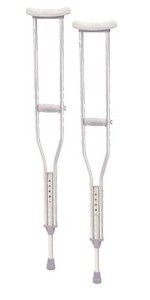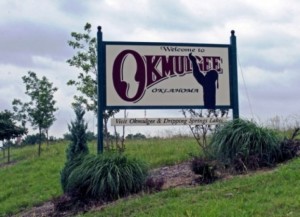It wasn’t Bill’s fault. They decided and that was that. They deprived him any say – no decision-making leverage – no voicing an opinion. Not that it would have mattered. They were the farmers. Bill was the horse.
To him it probably seemed unfair. Bill didn’t sign up to entertain adolescent boys, have their spurs gouge his ribs at will, yank the bridle this way and that till the bit bruised his mouth. Who turns teenage boys loose to traumatize a stallion – not to mention a fifteen-year-old gelding?
Such injustice may have prompted the biting assault to my side one Fall day.
Neither my brother Tim nor I – nor our Dad for that matter – were schooled in proper horse care. Still, we weren’t mean to Bill. Not on purpose.
Added to other abuses, the reckless cinching of a saddle strap can be especially annoying evidently, to a horse.
He was a tall animal and at first stood passive as I brought the saddle upward along his left side. Landing it atop the protective wool blanket I reached beneath and across Bill’s mid-section for the strap. Bringing it my way I threaded it through the cinch ring. I then undertook the most demanding task in preparing for an afternoon ride. Apart from catching the horse in the first place.
Tugging the girth strap I scolded Bill under my breath. Stop bloating your belly, horse! Horses will often distend their belly when the saddle is tightened, likely to reduce discomfort. However, a loosened saddle is the result once an animal relaxes their breathing again. In the worse instance this can endanger a rider. Putting my hundred twenty pounds into it I yanked the strap upward. That is when Bill’s head swung around. And his great teeth struck a fierce bite.
DANG, Bill! Dang it!
I leapt, swung at him and grabbed my side all at once. DUMB Bill. Bad horse!
The shock and sting let up after a minute. I lifted my shirt. An orange-red hue marked the area along his teeth marks. Thankfully the skin didn’t break. Dumb Bill.
Drawing a parallel on human behavior in some relationships seems natural. As in child-raising.
Parents will, at times, apply excessive pressure on a child to conform. Discerning what helps both the child and their parents needs time and consideration. Patience and wisdom. Often, prayer.
In time I learned how to reduce excessive pressure to a horse – and teeth marks to my side. Spacing the cinch-tightenings with short walks between can relieve tensions and settle the matter agreeably for both horse and rider.
And being attentive. Not so hard a thing to do, but being attentive must be done on purpose. Noting body language, feelings, considering the persons point of view.
After the barnyard misunderstanding I always saddled Bill attentively. One eye toward the girth strap, the other toward his head. I found that, with practice, it can be done.
©2015 Jerry Lout.



